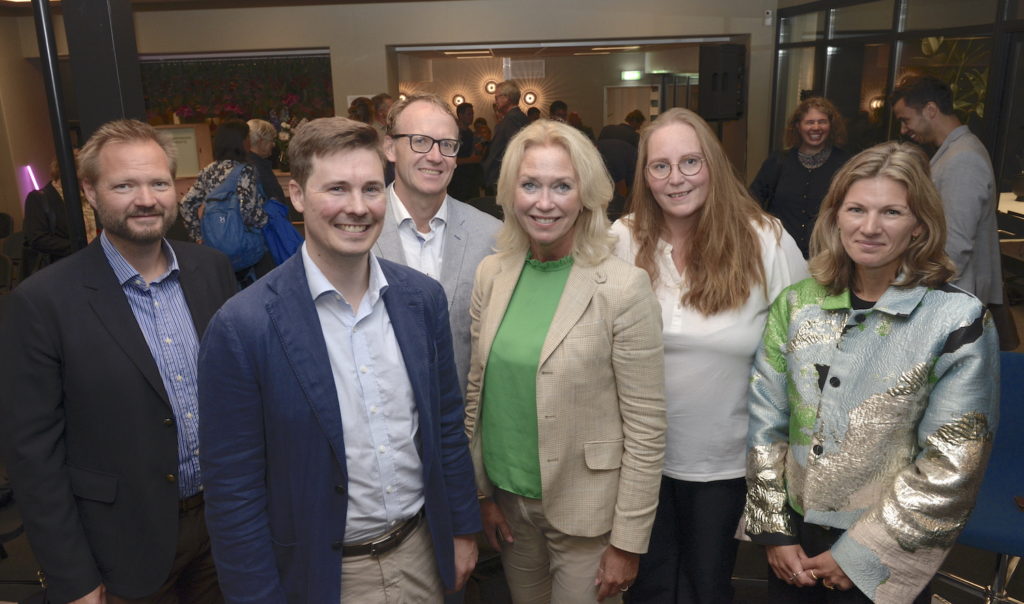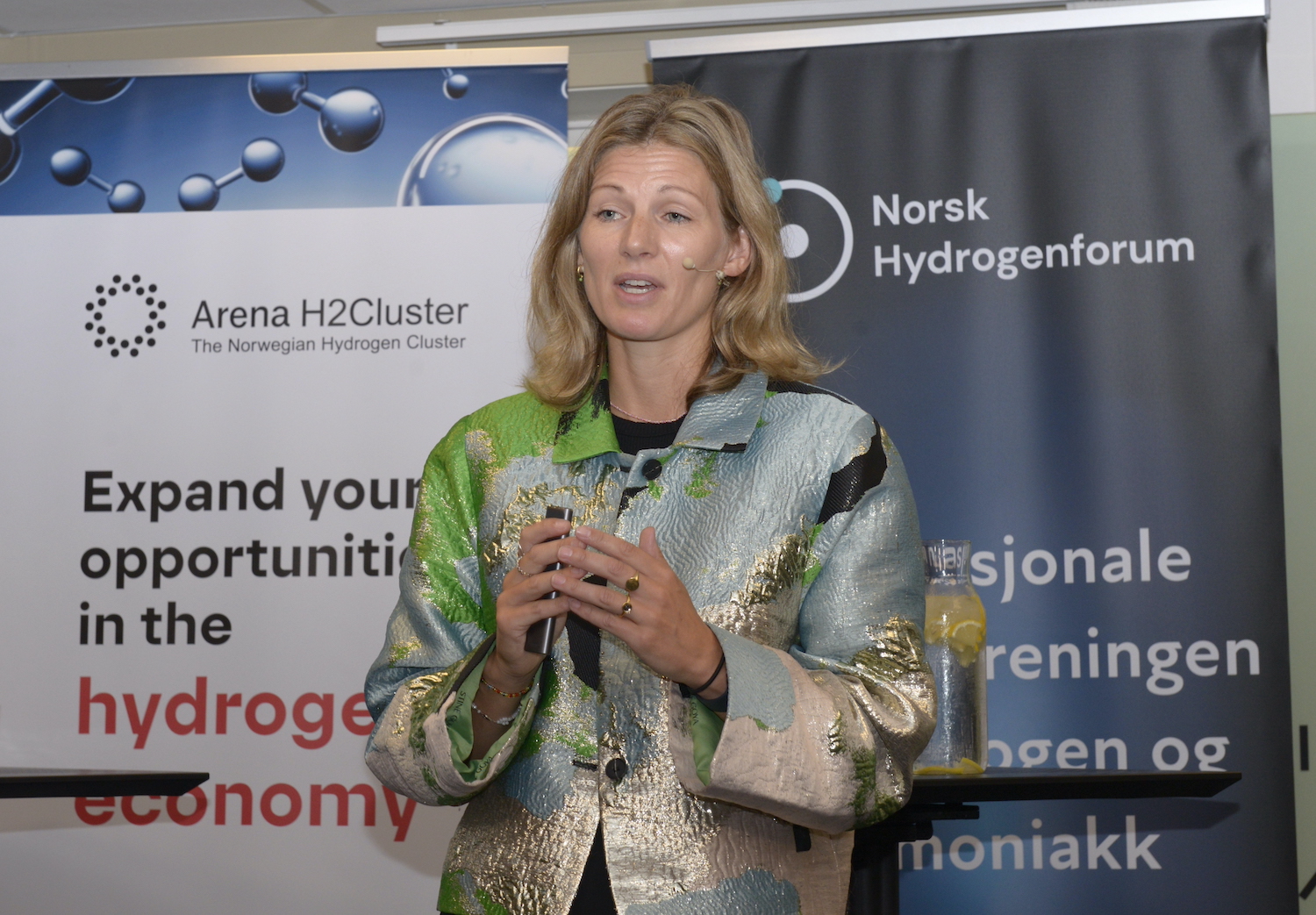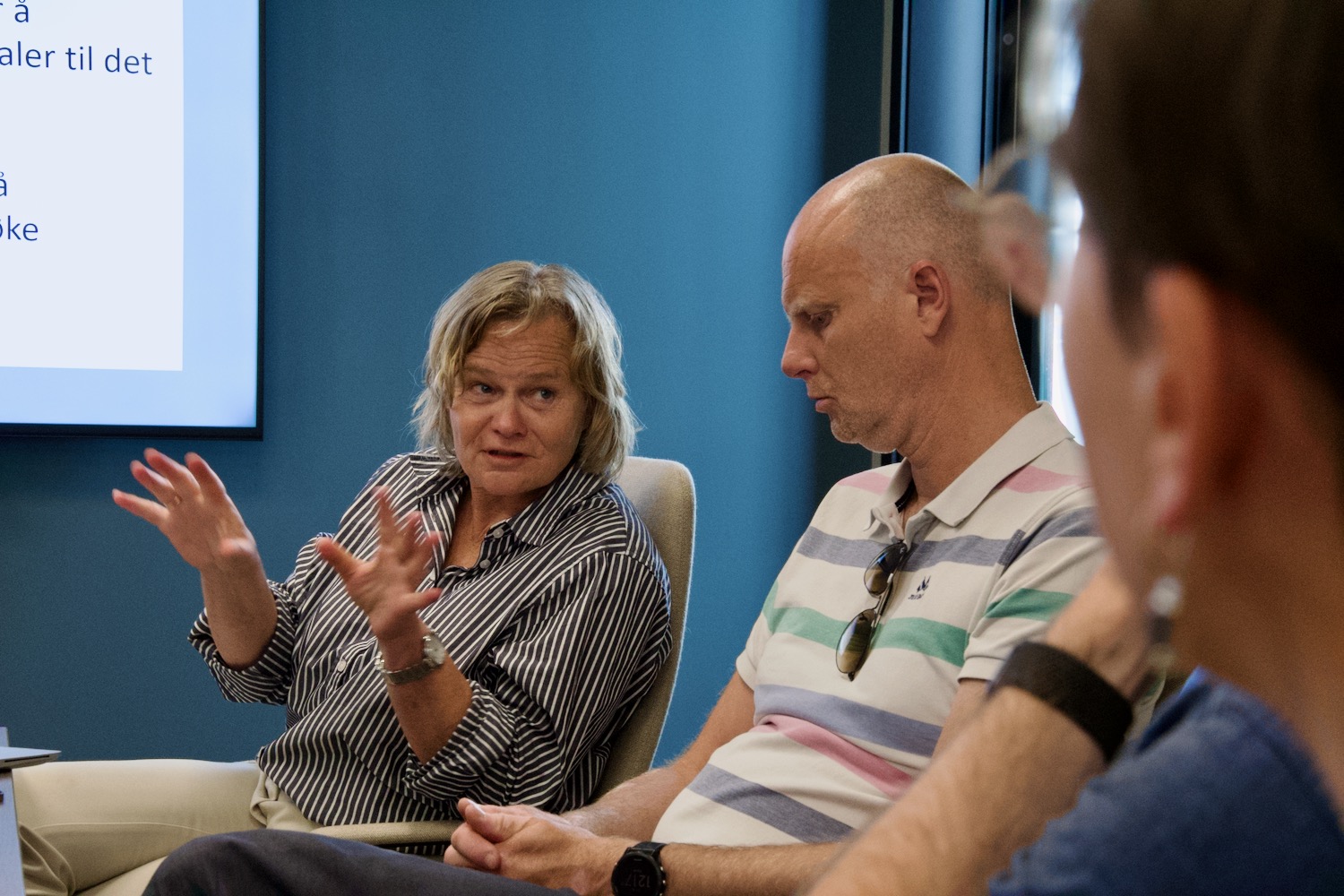That is the conclusion in a new report from Menon Economics, based on feedback from approximately 100 hydrogen industry players. Commissioned by Agder H2 Network, Norwegian Hydrogen Forum, Arena H2Cluster, the University of Agder, Fagskolen i Agder, H2House and NORCE, the report was published during Arendalsuka.
“The hydrogen industry must ensure good and relevant educational programs, and make itself attractive to new students,” said Maren Basso, Project Manager for the report titled Competence Needs in the Norwegian Hydrogen Industry.
The industry estimates that 80 per cent of all new recruitments in the next years will have bachelor, master or PhD degrees from colleges and universities. Such employees are also attractive to other emerging industries, such as offshore wind and batteries, in addition to utilities and the oil and gas industry. With continued high activity levels in the well paid oil and gas industry, it could be hard for hydrogen and other green industries to attract the greatest talents.
“The hydrogen industry has to compete with other industries for the same expertise, and it is uncertain whether the hydrogen industry will have access to enough expertise in the years to come,” said Basso.
5,800 PROFESSIONALS
According to Menon Economics, there is great uncertainty as to how many workers the Norwegian hydrogen industry will need in the next five to ten years. Ingebjørg Telnes Wilhelmsen, Secretary General at the Norwegian Hydrogen Forum, said that the number could reach 5,800 by 2030, given an industry turnover of NOK 80 billion.
“The education sector will be incredibly important for us to achieve these goals. We need a high number of trained professionals,” said Wilhelmsen.
According to the report, the current study offer in Norway covers the general disciplines relevant for the hydrogen industry. Any special hydrogen expertise must likely be provided by the industry itself.
THREE IMPORTANT MEASURES
Three measures are believed to be important for ensuring recruitment to the hydrogen industry: Highlight the industry’s role on the path to a zero-emissions society, strengthen cooperation with research institutions and universities to ensure innovation and competence building, and expanding the companies’ offering of continuing education to their own employees.
Tanja Erichsen, Project Manager for Agder H2 Nettverk, says the report provides valuable input.
“The report tells us that we need a national plan for a comprehensive educational offering to the hydrogen industry; from upper secondary school to vocational schools, colleges and universities. This is something we must push for in cooperation with academia,” says Erichsen.




